(This is the second of the memoires for nephews and grandchildren requested by them to help them remember and honour their grandad)
I have dad’s wartime record but not his own flight book, which was burned at the end of the war. He said lots of them were burned, the RAF required them to do so. His records from the RAF Records are a) almost illegible and b) only refer to postings, so it is difficult to track what and where he was. The question is how did he move from an ac2 medical orderly into being a rear gunner with 38 squadron on Wellingtons? The link appears to be his service in the middle east. Interesting that his records as an officer are clear and typed, but non-com records are a handwritten scrawl. They are hard to read made worse by lousy photocopying by a careless records clerk.
Dad’s story was that he was a medical orderly on Maleme when the Battle for Crete began. He escaped capture to end up in Egypt and he is recorded on the 38squadron rolls from then (1941) as an air gunner, although the handwritten record is badly laid out and difficult to read. He certainly seems to have been sent to 230squadron as an air gunner at the end of 1942, posted for further training in February 1943 and was involved in RAF filming in Feb 1944.
To escape in an emergency the turret had to be rotated so the doors could be opened for the gunner to fall backwards out of the plane. Life expectancy for rear gunners was low – I’ve read 5 missions – as that is where the night fighters concentrated their fire when attacking from the rear.
Dad said they used to remove some of the Perspex from the turret because it scratched and then refracted moonlight preventing them seeing anything. It was so cold they wore as much clothing as they could and with an electrically heated suit they were still cold. He told me that sometimes when gunners walked back after a mission shrapnel from flak would tinkle around them as it fell from their clothing…
Dad returned to England to be retrained to fly as a rear gunner on a Lancaster. In later years when he was dying of cancer, I arranged with the Battle of Britain Memorial Flight for a crew reunion of his squadron aircraft. I managed to track down and contact all except the Rhodesian co-pilot, dispossessed of his Zimbabwe hotel by Mugabe’s cronies and apparently living in poverty in Cape Town. For the rest I booked hotel rooms for them and their wives in Lincoln. The arrangement was that there would be a reunion evening dinner then the next day we would go to the BBMF and all would be able to sit one last time in their crew positions. It did not go quite according to plan.
We walked the city walls and it was evident that the aircraft captain, younger than dad, did not like him. Inevitable that a young officer pilot would regard the much older experienced Warrant Officer gunner as someone who could give him problems of command. Some resentment too, I suspect, that Dad had retired from the Air Force as a Squadron Leader. The manager of the hotel did them proud, producing a cake in the form of a Lancaster for their evening meal, which gained applause from other diners. However, their tales of their exploits as a crew did not go down terribly well with some of the wives they had subsequently married. Notable that one crewman recorded an interview with the BBC in which he spoke of my mother as the ‘mother of the crew’.
The much anticipated crewing of the Lanc again did not happen. It had been the first performer at the Fairford Air Tattoo and suffered engine problems being grounded for the rest of the day. The RAF, bless them, offered to let the crew take turns to sit in a Spitfire or Hurricane, an offer that had a ribald reaction from the ‘bomber boys’.
Mum told me little of her war other than once waiting for the aircraft to land then cycling behind the Lancaster as it returned to its pan off the perimeter track. She was a WAAF (now the Women’s Royal Air Force) teleprinter operator, joining up herself in 1941, and coming from an RAF family, her father being station Warrant Officer at RAF Bicester. No longer aircrew the RAF picked up on Dad’s medical training and he apparently was sent to Guys hospital to train as a physio/masseur. I was born in a rented room in a house in Aylesbury, fittingly in the shadow of the jail, and my cot was the bottom drawer of a chest of drawers. That 1947 winter was a harsh snowy winter, there was a coal shortage as well as continuing wartime food rationing as much by way of resources went to helping rebuilding Europe, diverted from the needs of the ‘Home Front’. Maybe these hard times were the reason a posting was accepted to the RAF station at Steamer Point in Aden, South Yemen but maybe dad too hankered after the sun he had become used to in his war service in the Middle East.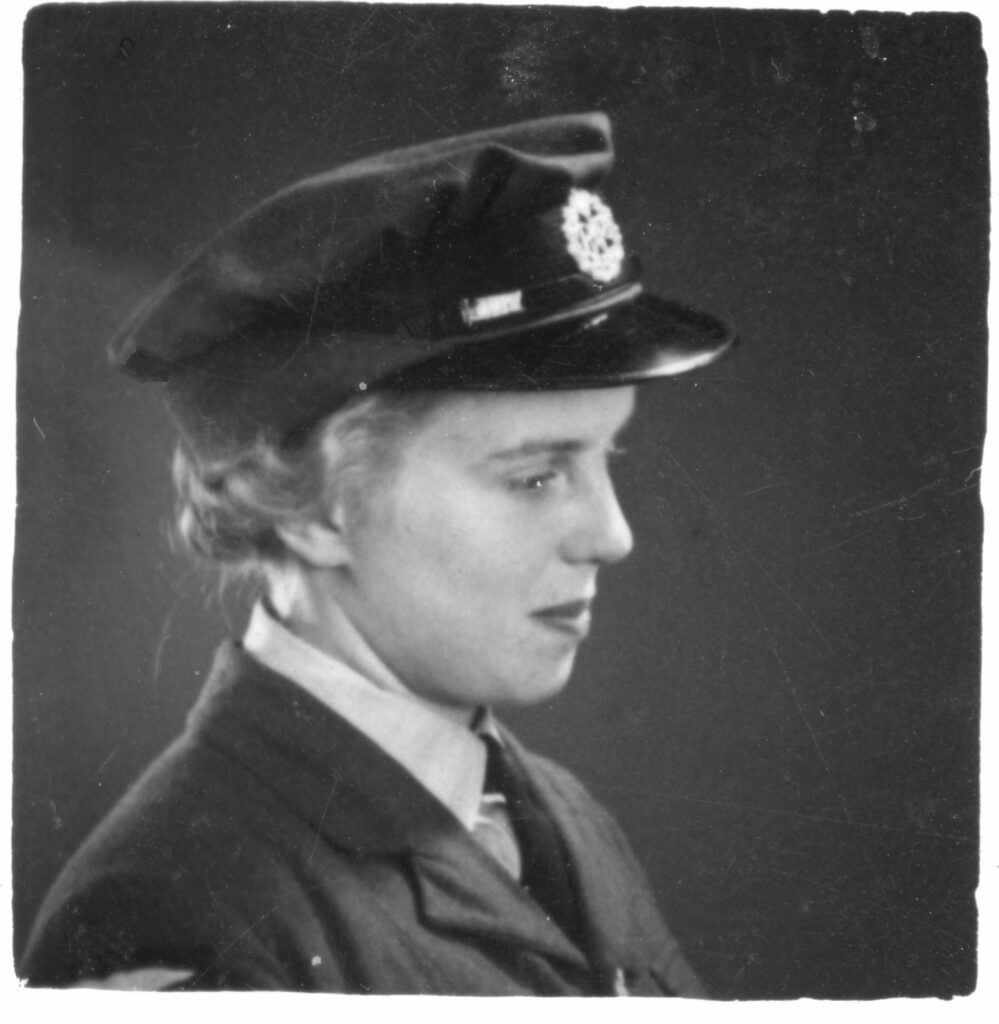
After the years in Aden we lived first in Devon at RAF Colliton Cross, at Abingdon, then in Wroughton, Wiltshire, which for me it was a countryside playground. The camp was a major RAF hospital but was used as an active base where Lancasters were broken up or disposed of. There was an ‘off airfield’ set of dispersal pans where aircraft were parked prior to disposal. Dad took me to one of these planes and took me inside, shutting me in the rear turret. Terrifying.
Married quarters at Wroughton were on top of the hill outside the town, called, inspirationally, ‘Overtown’. Abingdon was memorable for the married quarter being so close to the runway that mum used wedges to keep the front door closed when aircraft ran up their engines before take-off as the slipstream would blow it open. Both Overtown and Colliton are now private estates, but both were new build when we moved in. Across the grass from the house at Wroughton was a pit where were burned the corpses of cattle killed in a foot-and-mouth outbreak. Beyond was a wood in which I spent many happy hours making bows and arrows. Childhood was fractured by postings, but happy memories were formed.
Dad would sometimes meet me from school in Wroughton and we would walk to Overtown and he educated me in the wild wood and life within. He was no mean artist himself and taught me to draw, but his major achievement then was to fill me with a love of wildlife and nature. Most memorable walk was on the way back from school, when sweet rationing ended in 1953 the first time, when I was given a ha’penny pocket money which bought two aniseed balls and a gobstopper. The gobstopper could be sucked for ages and stored in a pocket to be brought out a furry delight to be sucked again another time…
Walking to school both at Colliton and Wroughton was normal. First tv to be seen too was for the Coronation in 1953, sitting on dads knee in the sergeants mess. Once when he went to the mess some kind soul let the dog drink the beer slops tray from behind the bar. Dad had to carry the dog home… He brought me a box-kite from the life raft the Lancasters had. It was used to lift a radio wire to transmit an emergency signal, but I flew it near the camps water tower. Foolishly it turned out, when a pilot had the RAF police warn me off as I was flying it in the flight path. At Wroughton he bought his first family car.
The switch from bombers to medicine happened when war ended and men and women were being returned to ‘civvy street’. Offered a discharge, continuing in bombers, or returning to his pre-war rank dad chose to become an ‘erk’ again, returning to his role as a male nurse. With war over the squadron celebrated with an airborne flight down the coast – in honour they said, of those who supported the aircraft and crews (the white cliffs of the Seven Sisters and Beachy Head are said to be the last of England many bomber crews saw as they departed on raids over the continent). Dad told me they were so low on their tribute flight that over the sea he was hypnotised by the wake the propellers from the Lancasters four Merlins left on the surface of the Channel. Legend has it that they flew so low up Ludgate Hill that one spectator swore they had looked down into a Lancaster cockpit. Unfortunately, the flight went over Brighton Pier where a senior Australian airman was blown out of his deckchair. On landing they were put under arrest and spent the night in ‘jankers’, the punishment considered enough to avoid charges.
Peacetime service denied the Bomber Boys their campaign medals. The RAF refused my request for a Bomber Campaign bar to his wartime medals when it finally, belatedly, appeared, as he’d done most of his service in the Middle East. His crew confirmed they had done several mission (3 or 5 depending who I listened to) but for his grandchildren this formality should not detract from a campaign that he and others fought on your behalf. Over 55,000 aircrew failed to return. Dad flew over Greece in Wellingtons, was a stand-in on some Sunderland anti-submarine patrols and did at least 3 missions over Germany in the Lancaster. That he dedicated his life to serving his country despite the prejudice against him as a Welshman at its beginning, speak volumes for his bravery and heart. Honour him and his generation for their wartime service.
But your grandads service to his country did not end there…
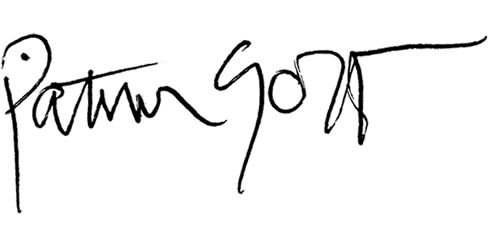
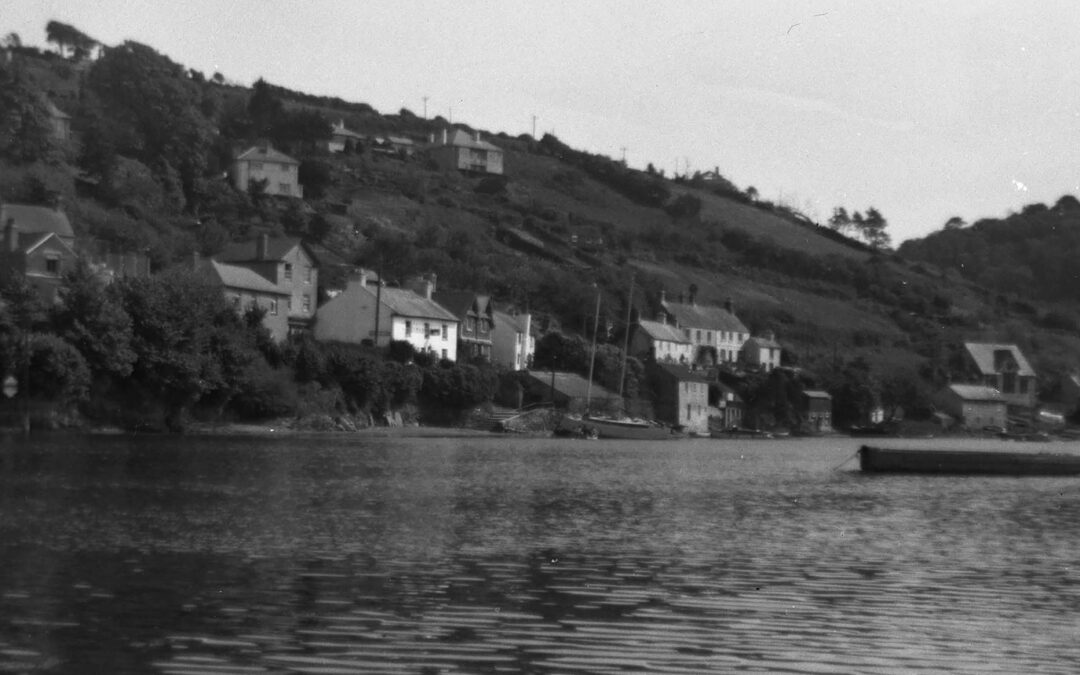
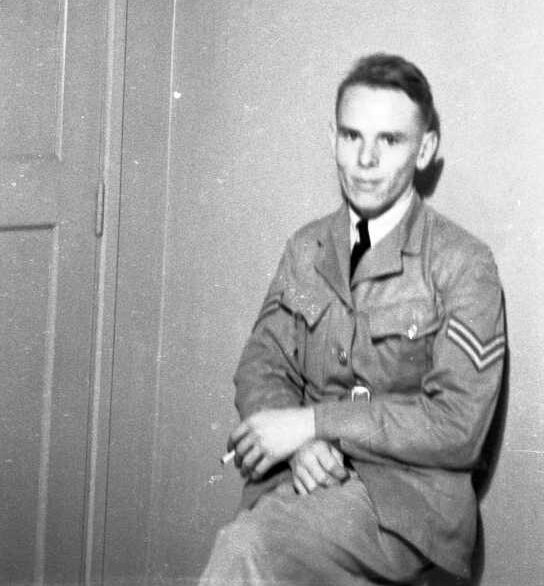
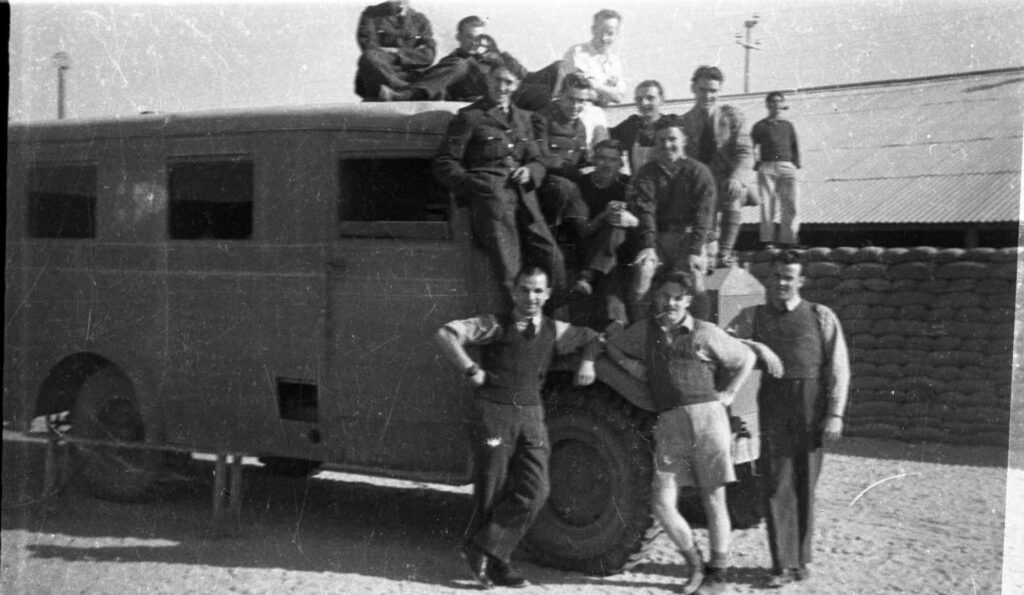
Recent Comments